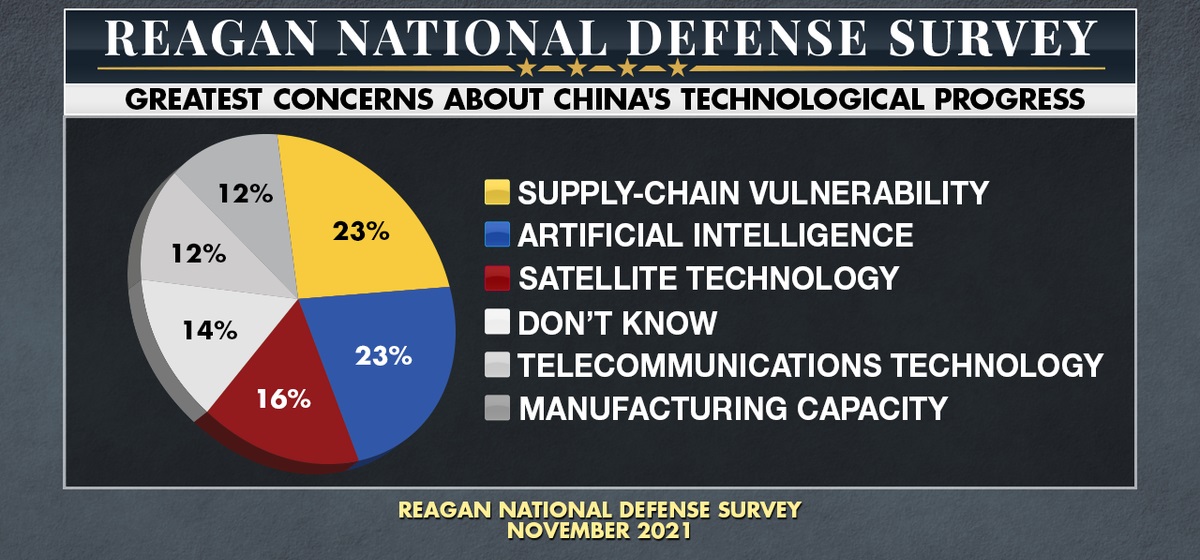
Reagan National Defense poll exposed that over half of Americans, 51%, see China as the primary threat to the U.S. (Photo: Fox News)
Pew Research Center Survey Indicates Growing Concerns Over Chinese Aggression
Over the last year, China’s intensified belligerent behavior has sparked growing apprehension within the United States. Results from the yearly Reagan National Defense poll exposed that over half of Americans, 51%, see China as the primary threat to the U.S. Moreover, a noteworthy 77% of Americans now regard China as an adversary, while merely 15% view the communist powerhouse as an ally.
A series of alarming incidents have prompted this heightened state of alert. Notable events include the infiltration of Chinese espionage balloons into U.S. airspace and the apprehension of Chinese spies on American military bases. Additionally, individuals from China have been illegally entering the U.S. through its southern border, further exacerbating the concerns surrounding national security.
Against this backdrop, former Speaker Kevin McCarthy established the inaugural House Select Committee on the Chinese Communist Party (CCP) in January, aiming to address the multifaceted challenges posed by China during the year.
READ ALSO: FBI Director Christopher Wray Warns That AI May Enhance The Hacking Endeavors Of China
Recalling one of the most striking events, a Chinese ‘spy balloon’ breached U.S. airspace, traversing the nation and collecting intelligence from various military sites before being intercepted by the Biden administration. The balloon’s intrusion, which included passage over nuclear missile sites such as the Malmstrom Air Force Base in Montana, prompted significant national security apprehensions.
Furthermore, Chinese spies were discovered on U.S. military facilities, signifying an alarming breach of security. These incidents have served to heighten tensions between the nations, leading to the cancellation of a scheduled meeting between Secretary of State Antony Blinken and his Chinese counterpart.
As these acts of aggression continue to unfold, Congress remains vigilant in its efforts to address the growing threat posed by China, reflecting the increasingly tense state of relations between these global powers.
READ ALSO: Setting Sail: China’s First Domestically-Built Large Cruise Ship Embarks On Trial Voyage
























